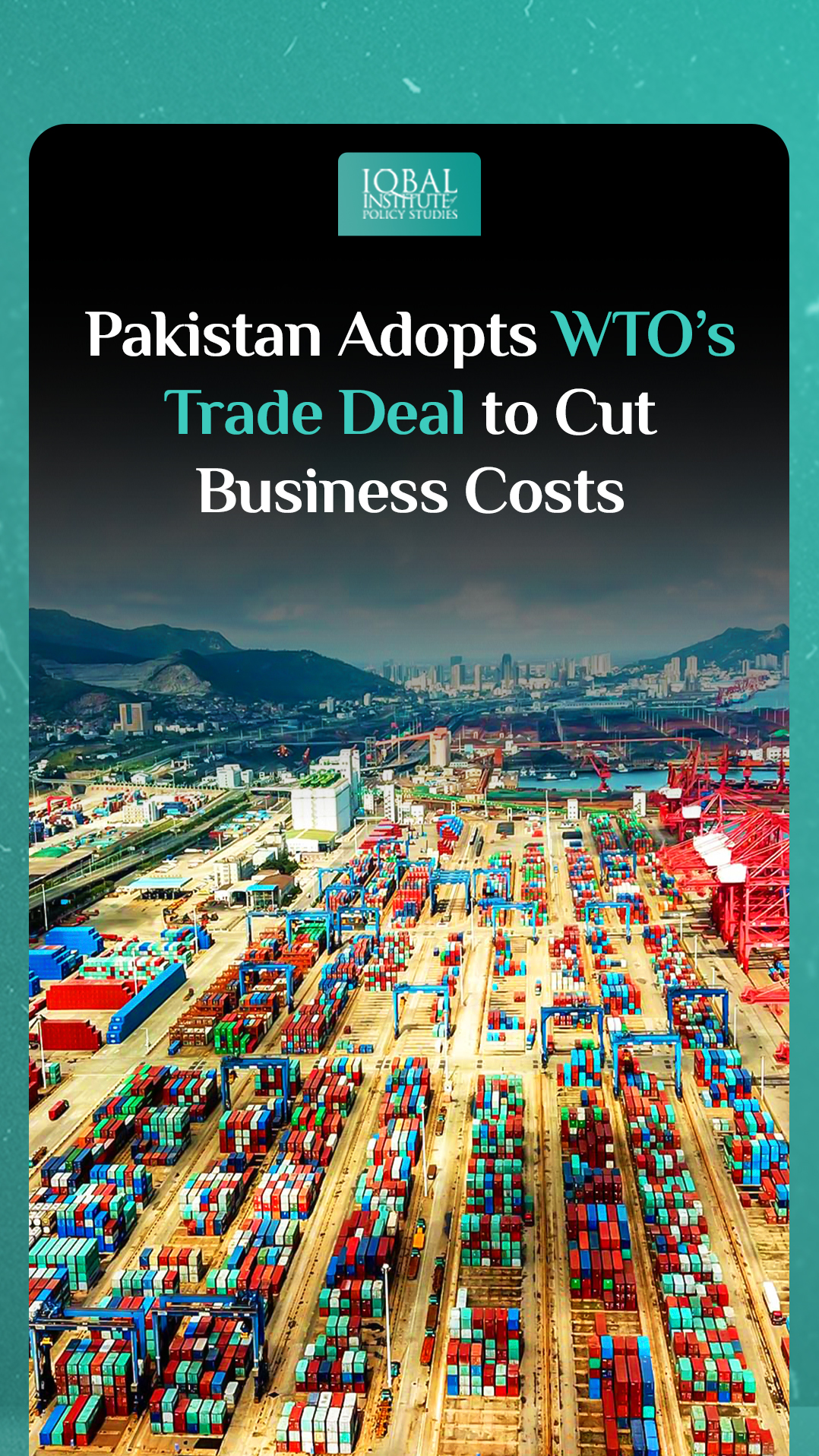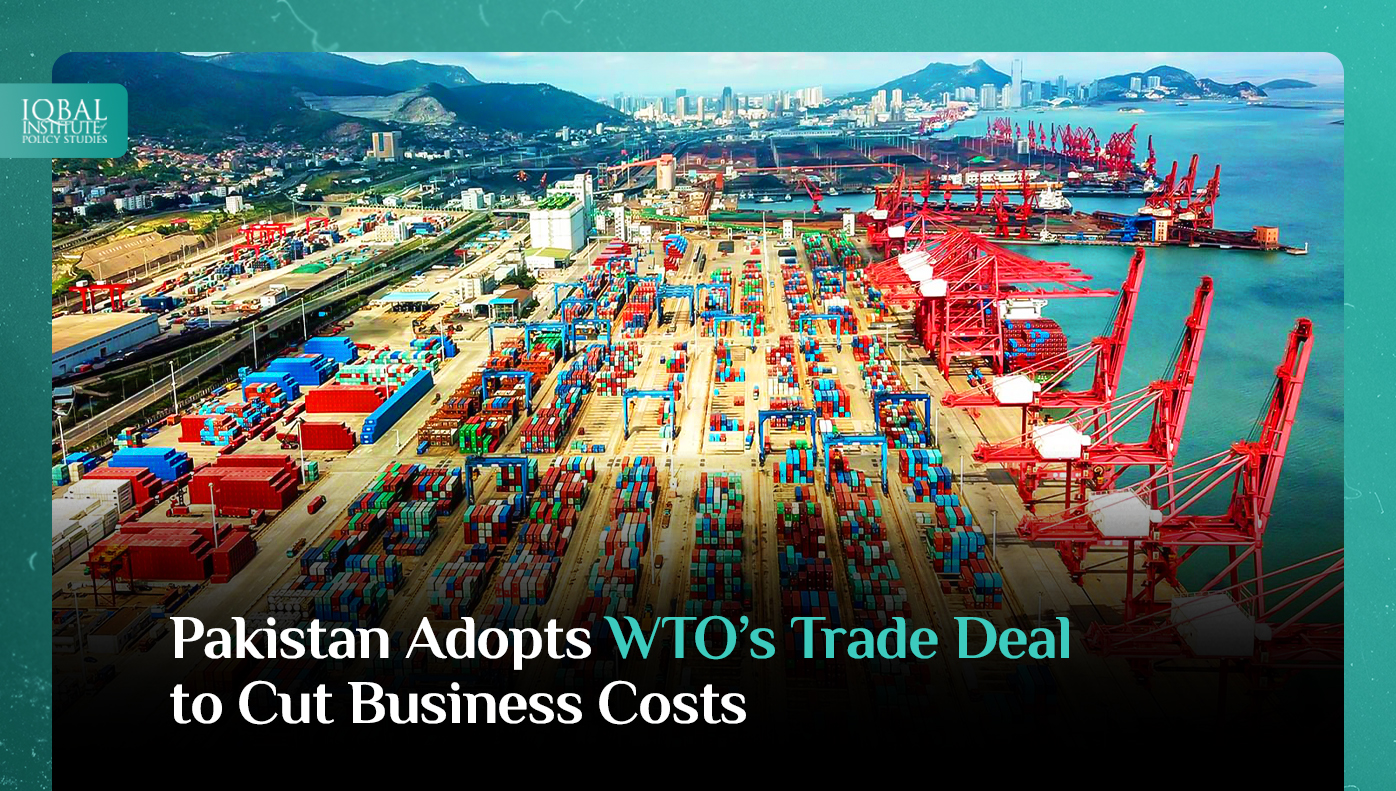Business costs are a fundamental part of international trade and sometimes act as an obstacle to trade when they rise unnecessarily. The cost includes documentation, transportation, border delays, tariffs, and non-tariff. However, reducing trade costs and barriers is essential to accelerate a country’s economic growth. Reduced costs influenced the nature, direction, and composition of trade flows.
It is believed that Pakistan has enormous potential to enhance its international trade which is currently untapped due to high trade costs. A recent study at the CommonWealth Secretariat, London shows that in 2013, Pakistan has under-traded with the British colonies to the tune of 400% which caused its exports to these countries amounted to $4billion against a potential of around $20 billion. According to the Global Trade Analysis Project (GTAP), if Pakistan reduces its trade costs to the level of Singapore, it will increase Pakistan’s GDP by $10 billion, create 2.2 million jobs and reduce poverty by 5%. According to the World Bank and United Nations dataset, Pakistan’s bilateral trade costs are relatively higher than most developing economies.
Recently, the Ministry of Commerce and the Revenue Mobilisation, Investment and Trade (ReMIT) project of the International Trade Centre (ITC) launched the rollout of WTO’s Trade Facilitation Agreement (TFA) for cross-border regulatory agencies. The agreement includes provisions for expanding the movement, release, and clearance of goods, including those in transit. This trade deal is a compelling opportunity for Pakistan to cut business costs through a transparent and efficient system for the clearance of goods across borders. However, to decrease the business costs, Pakistan has announced adopting WTO’s trade agreement which will likely rebound the country’s economy.
Due to high trade costs, small and medium-sized enterprises (SMEs) suffer disproportionately from inefficiencies in customs procedures and other border administration measures. However, adopting TFA will support Pakistan’s export-oriented industries and SMEs by facilitating them to increase export earnings and integrate with the international value chains, improving the cross-border trading environment.



Leave a Reply